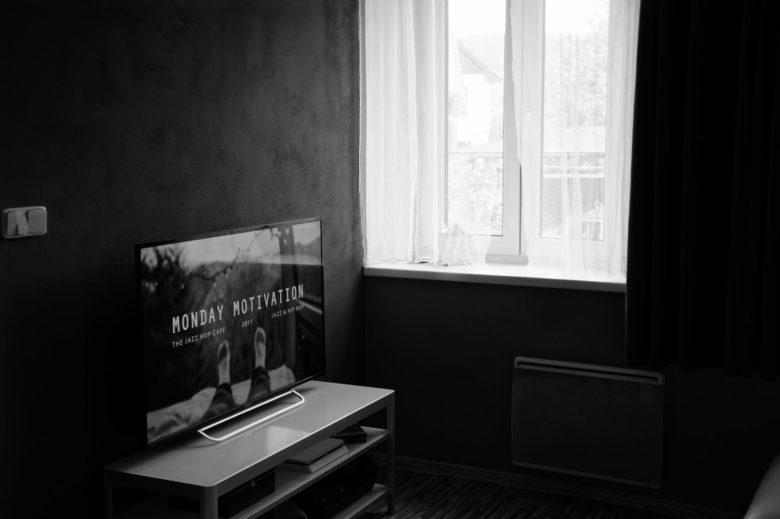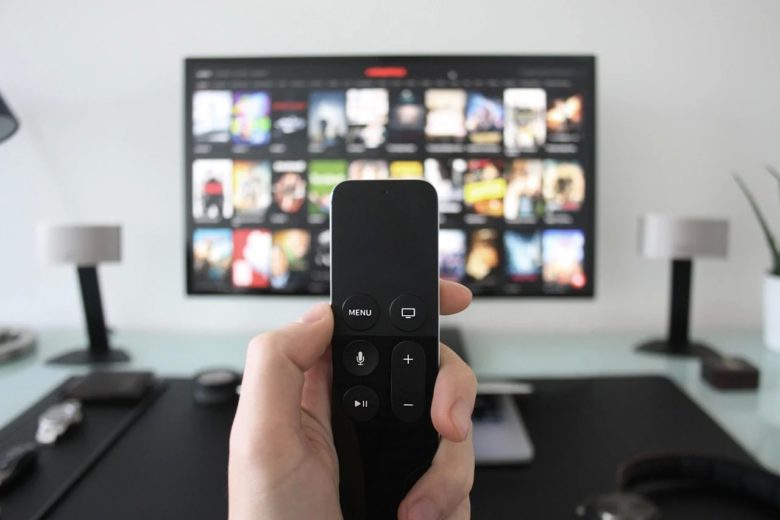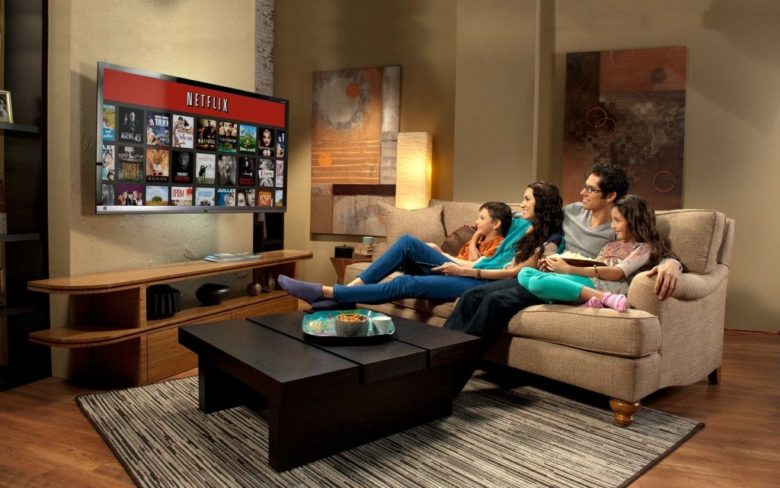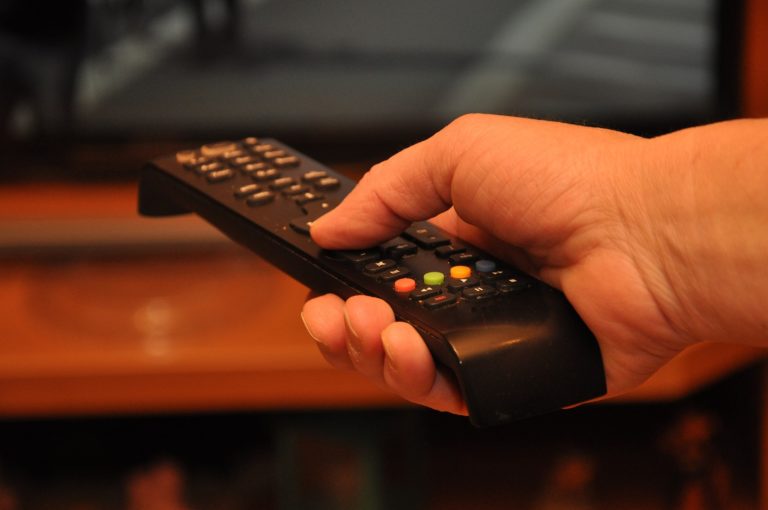Since its invention, television has always played an integral role in home entertainment. It is quite impossible to imagine a home without a TV. So after a tiring day, watching your favorite show with your family sitting together is just the right therapy to revitalize your mind and let all the stress of the day go away! The choice of the right provider is also a determining factor to ensure a seamless TV connection and uninterrupted entertainment. This has led to the expansion in the number of TV service providers everywhere. When it comes to the type of providers, since long, there have been two dominating parties in the market, cable TV and satellite TV providers.
As we know that every technology has its advantages and disadvantages, the same is the case with satellite TV and cable TV. There are several parameters on which both the technologies can be analyzed. These include picture quality, price, reliability, availability, equipment, contract policy, bundles, and of course, customer services. The question here arises: Is it the cable TV or satellite TV that comes on the top? Generally, satellite TV is considered to be more widely available to the people but it is the cable TV that is regarded to be more prone to any extreme weather changes. Let’s dig in and have a closer look at both the services to know how they differ.
What is Cable TV?

Cable television is a technology that uses coaxial cables to deliver signals. The cable systems deliver hundreds of channels to their subscribers and usually operate by broadcasting signals in either analog or digital type.
What is Satellite TV?
Satellite TV providers use dishes to deliver signals to a satellite receiver. It transmits the signals wirelessly to the TV sets. It is the satellites orbiting the earth that send broadcast signals that are received by the local satellite systems.
Availability

Satellite TV providers usually have greater coverage as compared to cable TV providers. Unlike cable TV, it is more accessible from any location. All you need is space for the satellite dish to be installed. Cable TV requires a connection of coaxial cables which sometimes make it inaccessible for the people living in rural areas. Therefore satellite TV is a preferable choice for the people living in rural areas due to greater coverage.
Pricing
Both types of providers offer varying pricing and bundling options. You need to look through the offers and choose the one that best suits your needs. Many cable packages do not require long-term contracts. It mainly depends on the channel list and the type of features your TV plan offers.
Equipment

Since the technologies are different, you need a separate type of equipment for both. For a wireless satellite TV, you would require a dish to be able to receive the transmitted signals. Cable TV users need a cable box that is usually provided by the company. When it comes to equipment, cable TV offers a greater flexibility due to less equipment and a much easier installation. Satellite TV users need more space and have to be careful of the right direction to install a dish.
Channel Line up
Whether you subscribe to cable TV or satellite TV, both tend to offer a wide range of channel lists. If you are more interested in watching premium channels, both cable TV and satellite TV providers offer free for a limited time. Or you can pay an additional fee to get access to them.
But generally speaking, satellite TV providers provide a wider variety of national news and sports channels. On the other hand, cable TV is a more preferable option for local news channels. Though it depends more on the provider you choose, rather the type of connection.
Reliability

Reliability is an important factor that must be taken into account when choosing your provider. Cable TV services are generally considered more reliable as they are less pronto abrupt weather changes like a storm. Satellite TV transmission is likely to be more affected by any extreme weather changes.
Customer Satisfaction
Customer satisfaction is an important aspect that should be paid attention to. It tells you a lot about the type of service you are likely to receive. There is no clear distinction as to who wins the race in terms of providing high-quality customer support services. If we consider the ranking of ASCI or American Customer Satisfaction Index, the statistics indicate that both satellite TV and cable TV providers rank nearly the same.
Better Picture Quality

The picture quality that you experience is mostly better as compared to the cable TV. The reason is the difference in signal transmission. The signals received by a satellite TV is removed from the source only once. However, cable TV providers have extensive cable networks. The greater the distance from the hub, the poorer is the picture quality. It is also the case when your cable TV provider delivers signals in analog rather than a digital format.
Bundle offers
Bundle offers are a big catch for users since they often help save a considerable amount of cash and provide the convenience of managing everything under one bill. Cable companies usually dice out a greater variety of attractive bundle offers where you can pair cable internet and/or phone services. For instance, Optimum cable rolls out an amazing bundle offer so you can enjoy seamless TV, internet, and/or phone service. On the other hand, satellite providers usually offer TV services only.
Contracts

Satellite providers usually require you to sign an annual or two-year contract. However, some cable providers have a no-contract policy so you are not bound for any terms and conditions while others involve a contract signing during a subscription. Once you have chosen your provider, it is important to look into its contract policy. Avoid contracts with long durations and contracts with early termination fees.
Verdict
Cable TV usually seems to offer better flexibility and require lesser equipment. You may also find a wider option of packages to choose from. However, for those living in rural areas, satellite TV might be the only one available around and it also offers a better picture quality. Nonetheless, the right provider for you is the one that meets your requirements while being budget-friendly and offering good coverage in your area.

